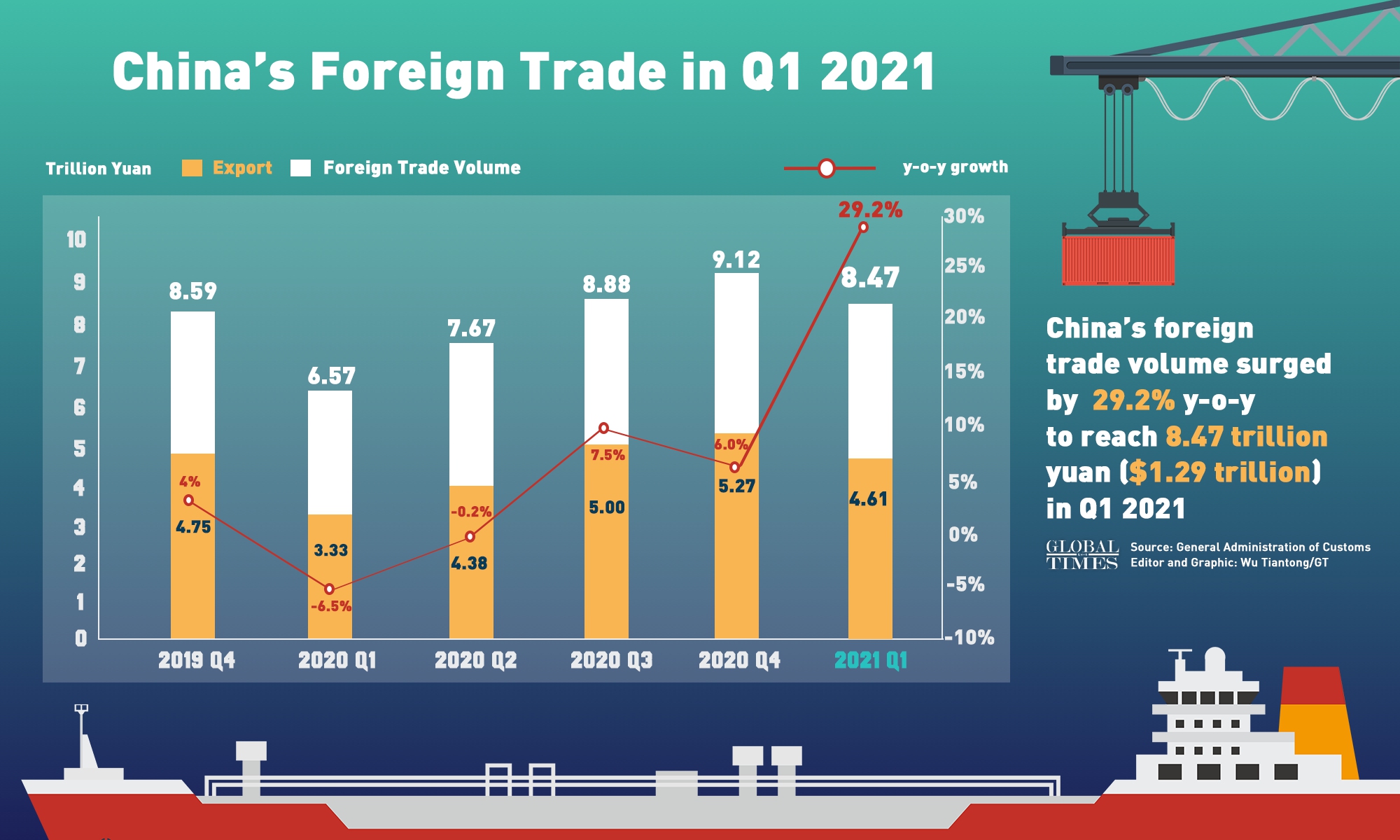DOJ Vs. Google: Another Court Showdown On Search Monopoly

Table of Contents
The DOJ's Allegations of Antitrust Violations
The DOJ's lawsuit against Google centers on allegations of anti-competitive practices designed to maintain its stranglehold on the search engine market. Google's market dominance, a key argument in the case, is undeniable; it holds a commanding share of global search traffic. The core of the DOJ's argument rests on the claim that Google leveraged this dominance to stifle competition and harm consumers.
-
Specific Allegations: The DOJ claims Google engaged in a series of anti-competitive practices, including:
- Exclusive deals with phone manufacturers and mobile carriers: These deals allegedly ensured Google Search remained the default search engine on Android devices, preventing rivals from gaining a foothold.
- Strategic payments to other companies: This practice, according to the DOJ, further solidified Google's position by incentivizing companies to prioritize Google Search over competitors.
- Manipulating search algorithms: The DOJ claims Google manipulated its algorithms to favor its own products and services in search results, disadvantaging competitors.
-
Legal Arguments: The DOJ is using established antitrust laws to argue that Google's actions constitute illegal monopolization. They contend Google has abused its market power to harm competition and limit consumer choice. The case relies on evidence demonstrating Google's intentional actions to suppress rival search engines.
-
Examples of Anti-competitive Practices: The lawsuit cites numerous examples, including specific instances of exclusive deals with manufacturers, highlighting how these agreements limited consumer access to alternative search options. The DOJ aims to demonstrate a pattern of behavior consistent with anti-competitive practices.
Google's Defense Strategies
Google vehemently denies the DOJ's allegations, arguing its dominance is a result of superior innovation and consumer preference, not anti-competitive behavior. Their defense strategy relies on several key points:
-
Innovation Argument: Google highlights its significant investments in research and development, arguing its innovations have benefited consumers by providing a superior search experience. They posit that their market share is a direct result of this innovation and consumer satisfaction.
-
Consumer Benefits: Google emphasizes the numerous benefits its services offer consumers, including free access to information, convenient tools, and a consistently improving search experience. They argue that their market position reflects the value they deliver to users.
-
Legal Strategy: Google’s legal team will likely focus on challenging the DOJ's definition of the relevant market, arguing that it's broader than search engines alone, encompassing other forms of information retrieval. They also may focus on presenting evidence of robust competition in various related digital markets.
-
Counter-arguments on Market Share: Google will likely argue that while it holds a significant market share, this doesn't automatically equate to illegal monopolization. They may cite the existence of alternative search engines and the competitive dynamics within the broader digital landscape.
The Potential Impact on the Tech Industry and Consumers
The outcome of this DOJ vs. Google case holds significant implications for the tech industry and consumers alike:
-
Impact on the Tech Industry: A ruling against Google could trigger increased regulatory scrutiny of other dominant tech companies, potentially leading to stricter antitrust enforcement and a reshaping of the competitive landscape. This could affect how these companies operate, potentially leading to changes in business models and practices.
-
Impact on Consumer Choice: If Google's dominance is successfully challenged, it could lead to a more diverse search engine market, potentially offering consumers a wider range of choices and features. This increased competition might lead to innovation and improved search services.
-
Emergence of Alternative Search Engines: A significant shift in the market could pave the way for alternative search engines to gain more traction, increasing competition and potentially offering consumers unique features and perspectives.
-
Potential Regulatory Changes: This case could set a precedent for future antitrust cases involving dominant technology companies, prompting significant regulatory changes affecting the tech sector's practices. Increased regulatory oversight is a likely consequence of a decision against Google.
Previous Legal Battles and Their Outcomes
This isn't Google's first encounter with antitrust regulators. Previous lawsuits, particularly those filed by the European Union (EU), have resulted in significant fines and imposed restrictions on Google's business practices.
-
EU Antitrust Cases: The EU has successfully levied substantial fines against Google for abusing its dominant position in the Android mobile operating system and online advertising markets. These cases set important precedents regarding the application of antitrust law to large tech companies.
-
Google Fines and Restrictions: The significant fines imposed by the EU demonstrate the seriousness of the concerns regarding Google's market dominance and have prompted changes in Google's practices.
-
Precedents for the Current Case: The outcomes of these prior cases, including the legal arguments used and the evidence presented, are likely to inform the current DOJ lawsuit. These precedents establish a framework for the legal arguments and evidence needed to successfully challenge Google's actions.
Conclusion
This DOJ vs. Google antitrust lawsuit is a landmark case with significant implications for the future of search engines and the broader tech industry. The outcome could reshape the competitive landscape, impacting consumer choice, innovation, and the balance of power in the digital world. The allegations of a Google search monopoly are serious, and the court's decision will likely set a precedent for future antitrust cases involving dominant tech companies.
Call to Action: Stay informed about the developments in the ongoing DOJ vs. Google case. Understanding the intricacies of this legal battle is crucial to navigating the ever-evolving world of search and online competition. Follow reputable news sources for updates on this significant case regarding the Google search monopoly and its impact on the digital marketplace. The future of search, and potentially the entire tech industry, hangs in the balance.

Featured Posts
-
 Chinas Export Dependence Vulnerability To Tariff Hikes
Apr 22, 2025
Chinas Export Dependence Vulnerability To Tariff Hikes
Apr 22, 2025 -
 Ryujinx Emulator Shut Down Following Nintendo Contact
Apr 22, 2025
Ryujinx Emulator Shut Down Following Nintendo Contact
Apr 22, 2025 -
 Fighting Resumes In Ukraine Following Putins Easter Truce
Apr 22, 2025
Fighting Resumes In Ukraine Following Putins Easter Truce
Apr 22, 2025 -
 Harvard Funding Cuts Trump Administration Announces Additional 1 Billion Reduction
Apr 22, 2025
Harvard Funding Cuts Trump Administration Announces Additional 1 Billion Reduction
Apr 22, 2025 -
 Resistance Grows Car Dealerships Renew Fight Against Ev Mandates
Apr 22, 2025
Resistance Grows Car Dealerships Renew Fight Against Ev Mandates
Apr 22, 2025
